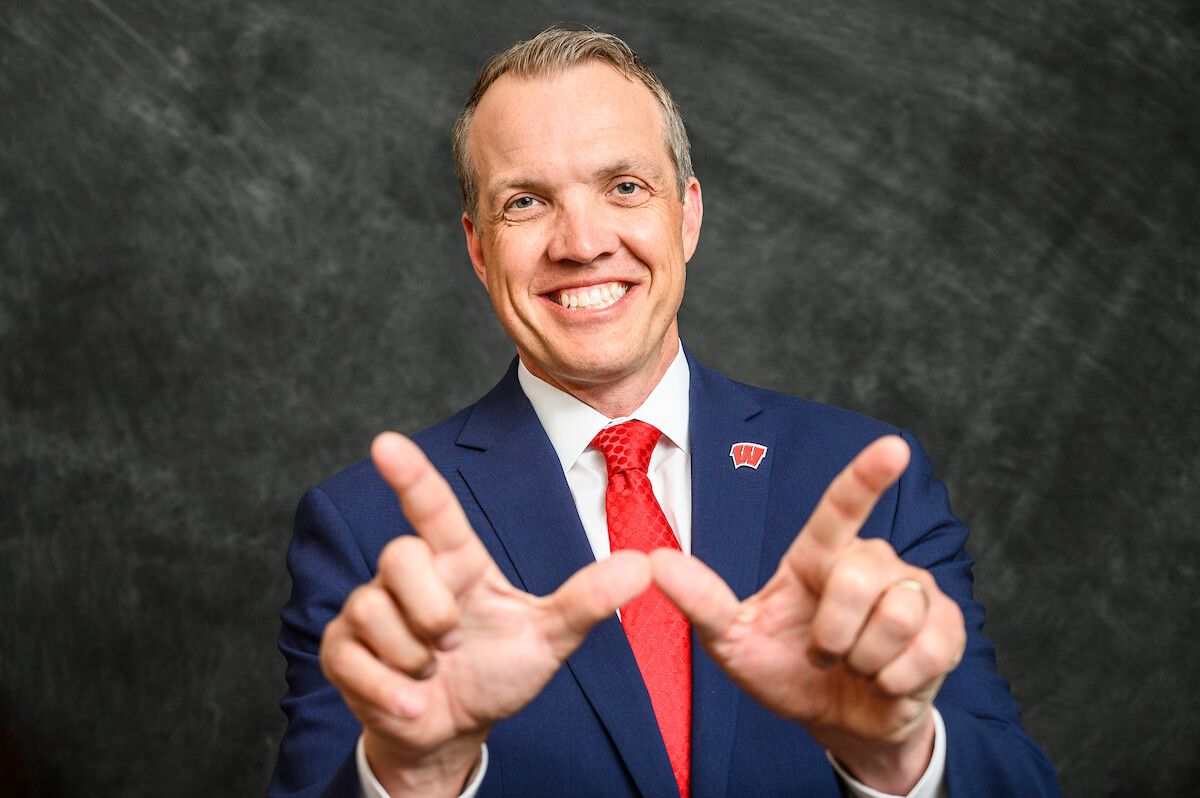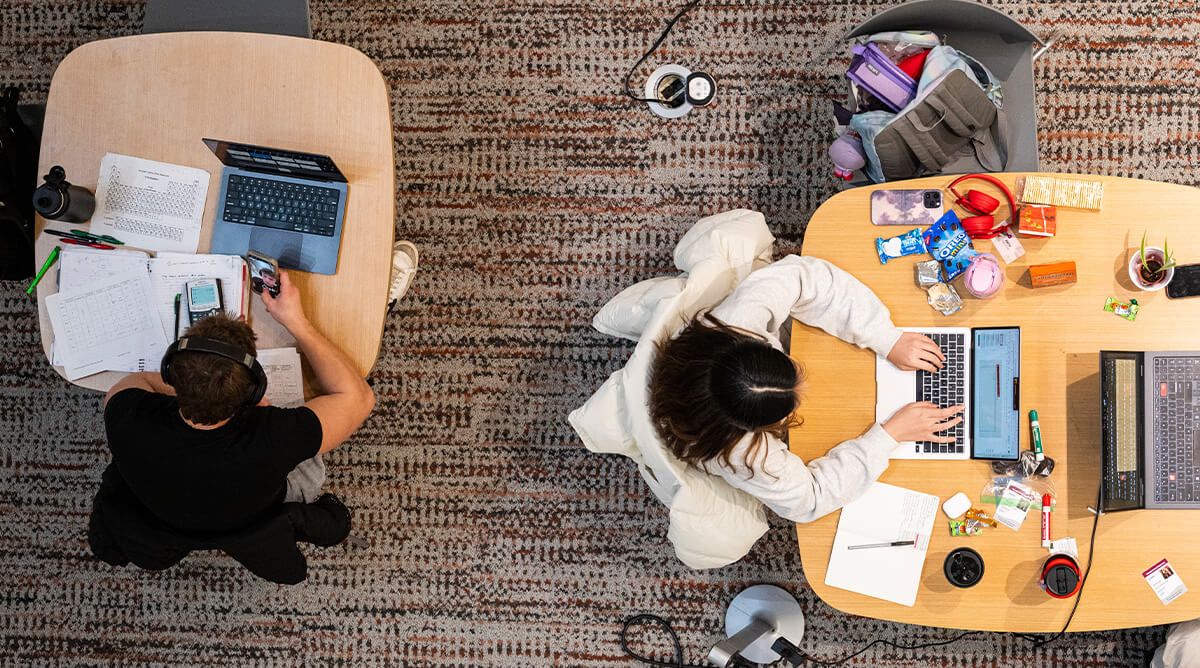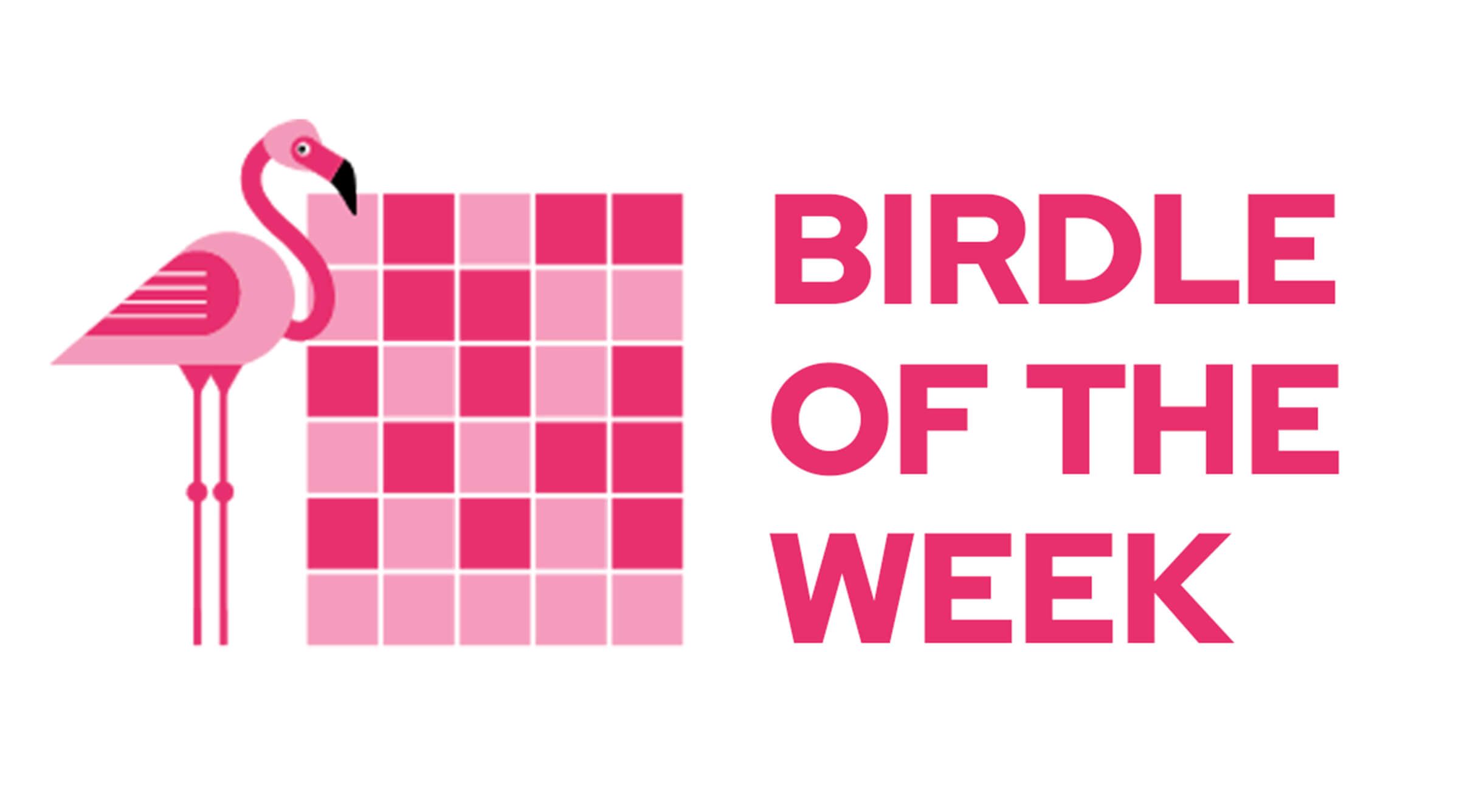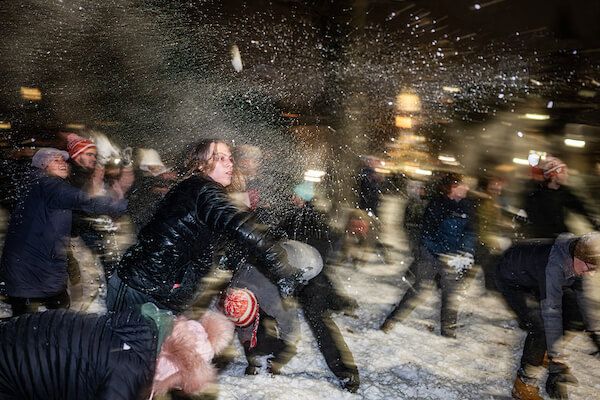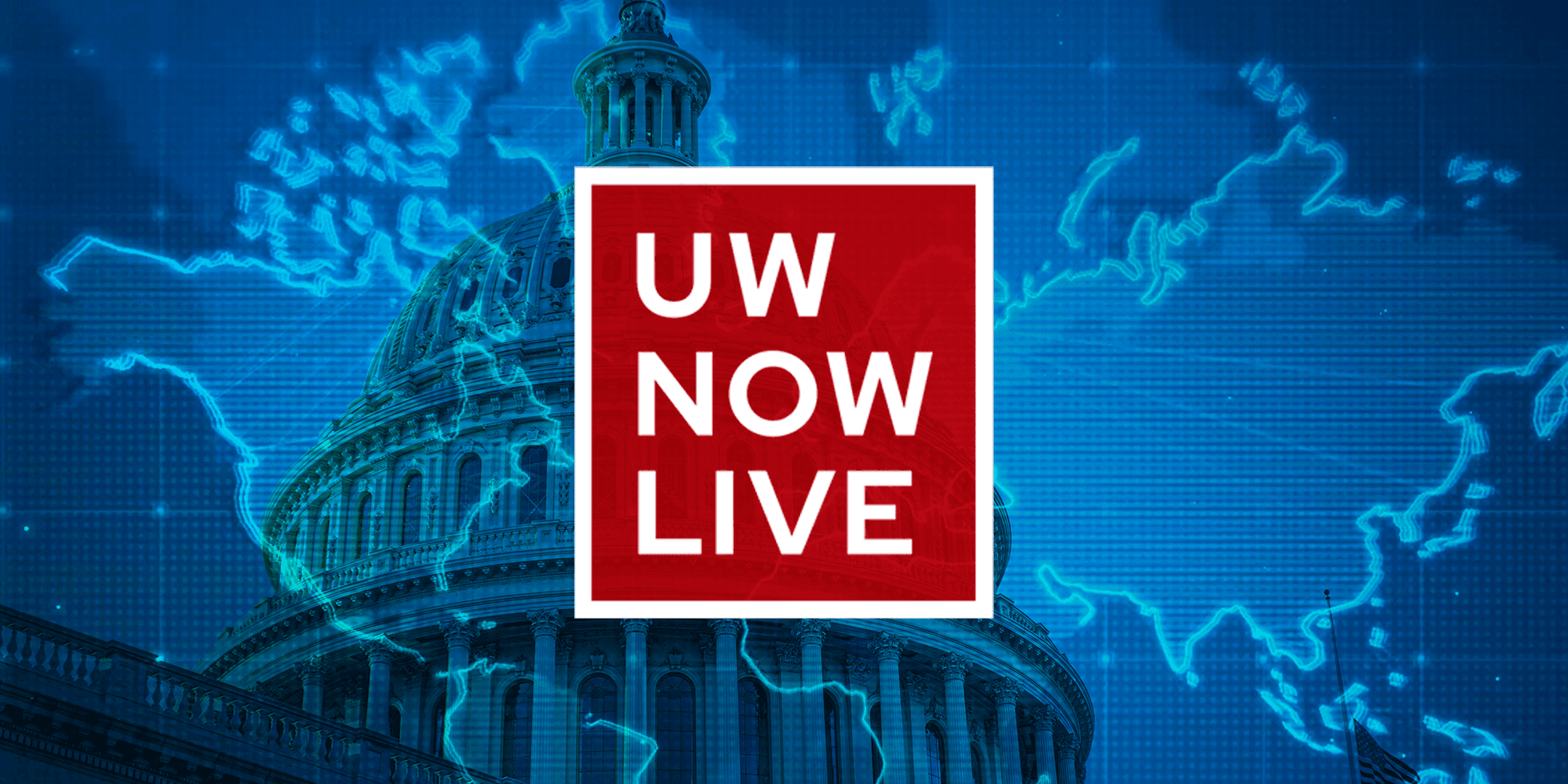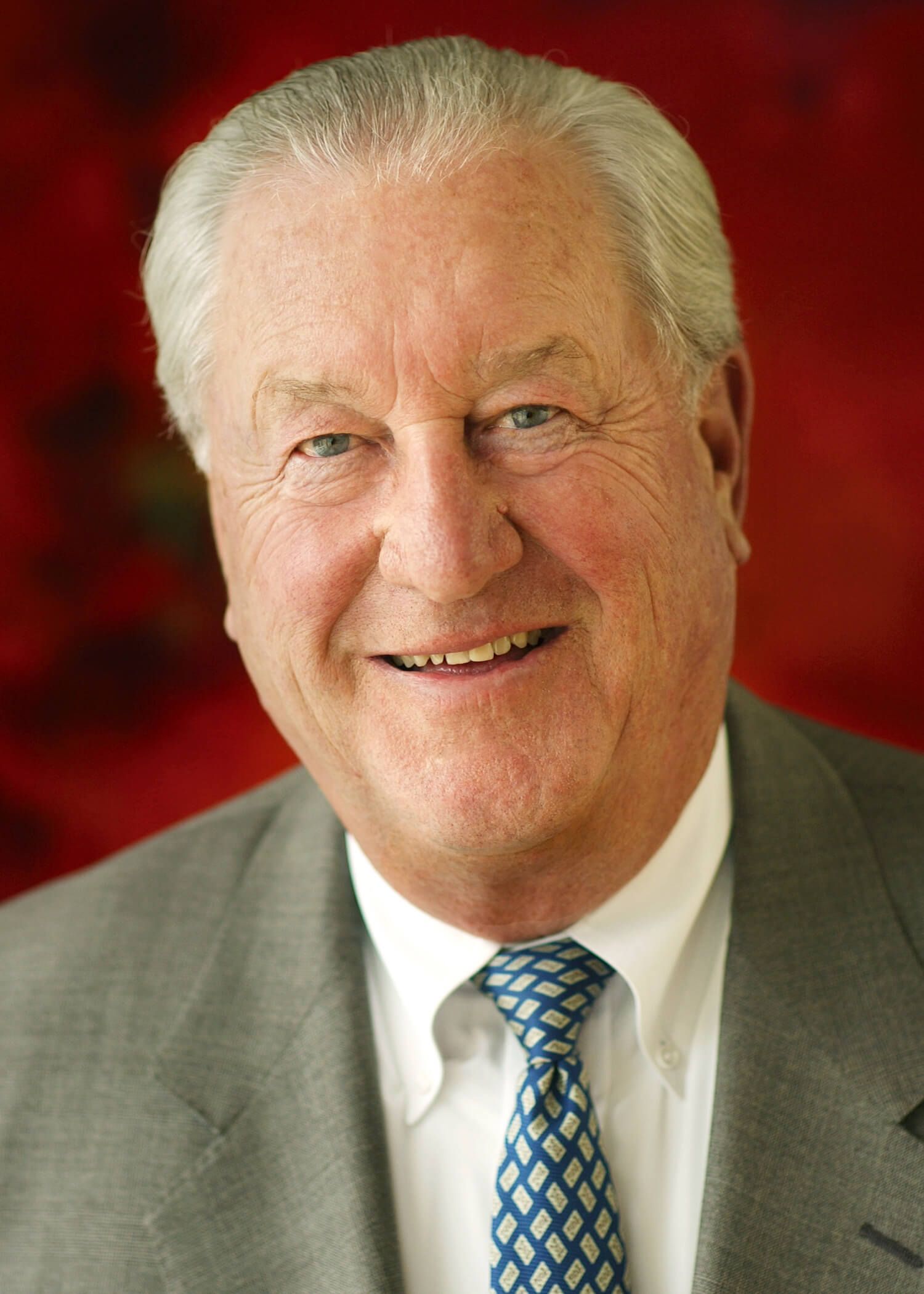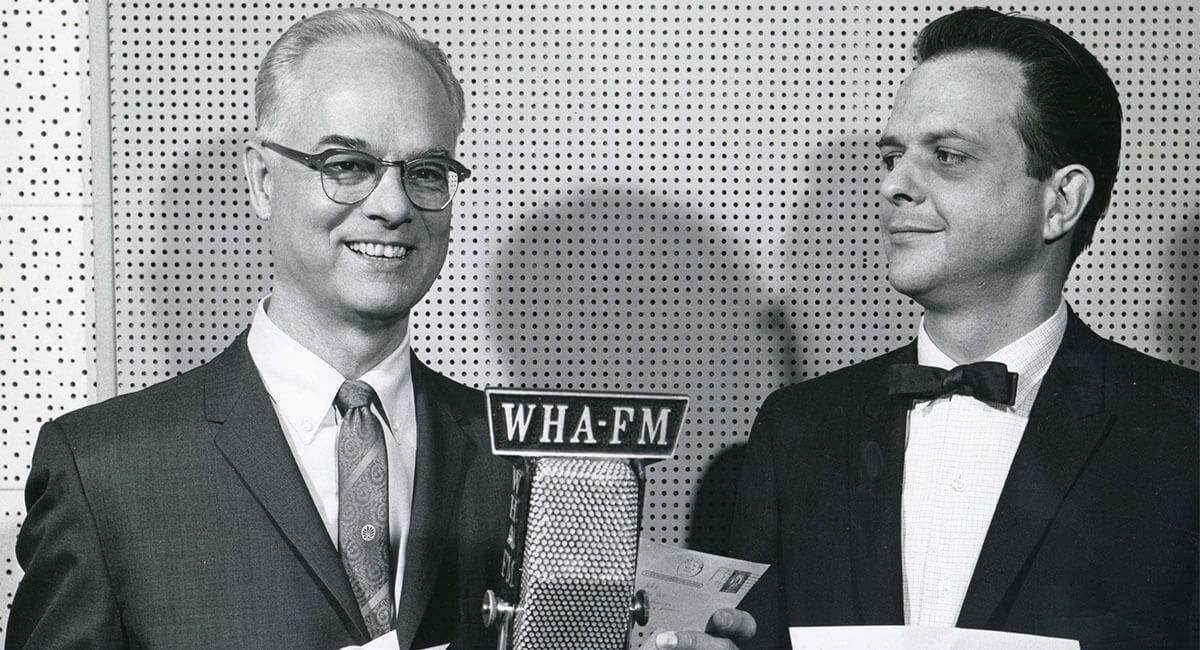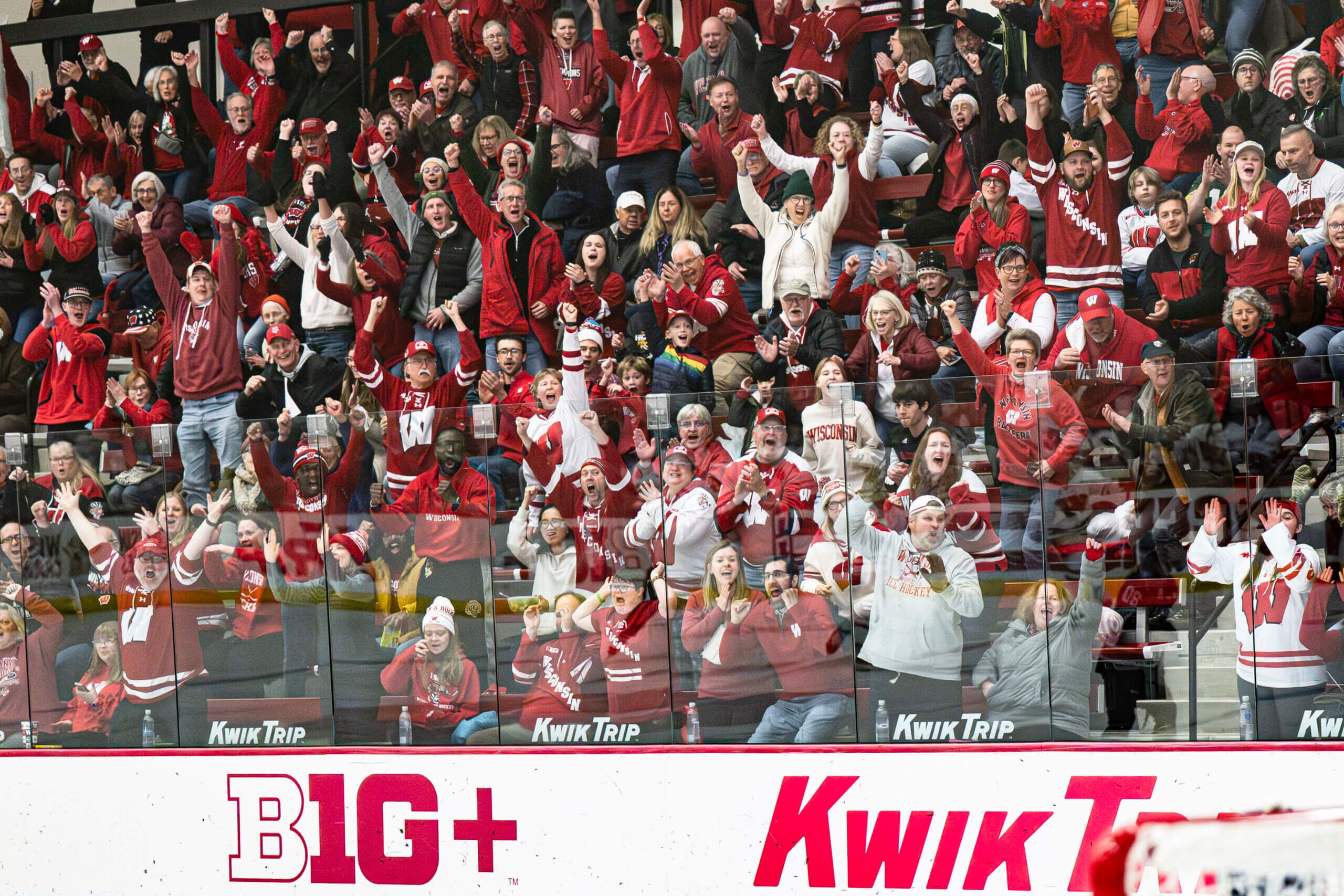Chris McIntosh ’04, MS’19 is aiming to have a banner first year as director of athletics at Wisconsin, and despite continued COVID-19 disruptions, the 800 student-athletes in the athletic department are making it happen: his Badgers include a national championship volleyball team, the Vegas Bowl victors, and men’s basketball and women’s hockey teams that are burning up the respective court and ice. Of course, McIntosh’s previous leadership roles at the UW and his experience in collegiate and professional sports are certainly also factors in this success.
A native of Pewaukee, WI, McIntosh played football at the UW from 1996 to 1999 before being drafted into the NFL by the Seattle Seahawks in 2000. After three seasons and a career-ending injury, McIntosh focused his efforts on several successful health and wellness start-ups. His business sense and sports experience made him a valuable addition to the administrative ranks when he returned to the UW in 2014. Throughout the last seven years in the athletic department, McIntosh has focused on the health and success of each individual student-athlete, as well as that of the organization as a whole. These goals have not changed since his promotion to director of athletics in July of 2021. Join McIntosh as he takes a moment to reflect on his first months as athletic director and what gets him excited about the future of Badger athletics.
What does it mean to you to be the UW athletic director as a Wisconsin-native and a former Badger player?
It’s a tremendous privilege for me, and I view it as a significant responsibility. My experience as a student-athlete really had an impact on who I became as a person and in my career. Athletics, for me, was the path to gain a world-class education. I get excited about helping over 800 really young, talented people have a similar, if not better, experience here. And it’s what our student-athletes do in their careers afterward and how they impact the world that makes me most excited. We’ve had such amazing people come through our program for decades and decades, and what they’re doing once they leave here, it’s incredible.
How have your experiences as a student-athlete, professional football player, and businessman impacted the way you do your job?
I learned a lot about hard work, leadership, and chemistry — about accountability and being a good teammate. Those things came out in different forms throughout my career. Now we do a much better job working with our student-athletes and making them aware that these are lifelong skills that are gained through participation in sport that will never leave them.
What does the UW Athletics Department offer to its student-athletes? Why Wisconsin?
The term we use is elevating lives. There’s an academic experience here, there’s an athletic experience here, but there’s also dedicated support staff here that focus on the development of the holistic individual. We want [student-athletes] to have an incredible opportunity when they get here, and then we want to see them squeeze everything out of their time here. But it doesn’t end when they graduate or when their eligibility is up in their sport. It just begins then.
We’ve collaborated with Richard Davidson and the Center for Healthy Minds, and we’ve got a full-time person that works on mindfulness. Some people view that as a way to perform better on the court, or on the field or in the pool. There’s truth to that. But I think that’s a good example of a skill that is developed via sport; it’s a lifelong skill to be able to center oneself.
You were Barry Alvarez’s deputy athletic director for several years before he retired, and he was your head coach when you were playing Wisconsin football. Has that time with Alvarez influenced your current role?
Absolutely. I’ve learned so much from Barry going on 30 years now. So many of the lessons I learned as a student-athlete came from his teachings and the philosophy that he built his football program on. One of the things that stuck with me most about Barry is that, in every decision that he made, both as a football coach and as an athletic director, his first questions were: “Is this great for our kids? Is it good for our kids? Is it going to benefit our kids?” And if the answer was yes, then most of the time, if not all the time, he said, “Let’s figure out how to get it done and how to do it. If it’s good for our kids, then we should get excited about it.” And I think that’s the right place to start on just about every decision that needs to be made.
What are some of your favorite moments from your first six months?
There’s been no shortage of them. Obviously, the national championship women’s volleyball program had an incredible experience. They’re unbelievable representatives of the university and they are fierce competitors at the same time. The way our football season and our team bounced back from a start that no one had prepared for. We saw a program come together and fight through it week to week, and I was thrilled for them that they were able to experience the success that they did. It’s been a blast to watch our men’s basketball team compete. Expectations from the outside weren’t very high, and it’s always rewarding to prove critics wrong. But there are so many stories, and the best part about this job is that you meet so many amazing people. Someone like Matt Henningsen, who was the Comeback Player of the Year in the football program and a 4.0 engineering student. He’s an example of the kind of student-athletes that we have here that are going to be successful in anything they do.
What is it that makes Wisconsin special?
We’ve always had a different way of going about our business. It’s one of the things we take pride in. Our approach isn’t necessarily married to that of our colleagues around the country. I feel really fortunate in leading a program that has received such a high level of support for so many years, whether that’s from our fans, campus, or our donors. I don’t take that for granted. The support and encouragement that our program has received and that I have personally received from Badger Nation has been incredible. I think it’s one of the things that makes Wisconsin special.
